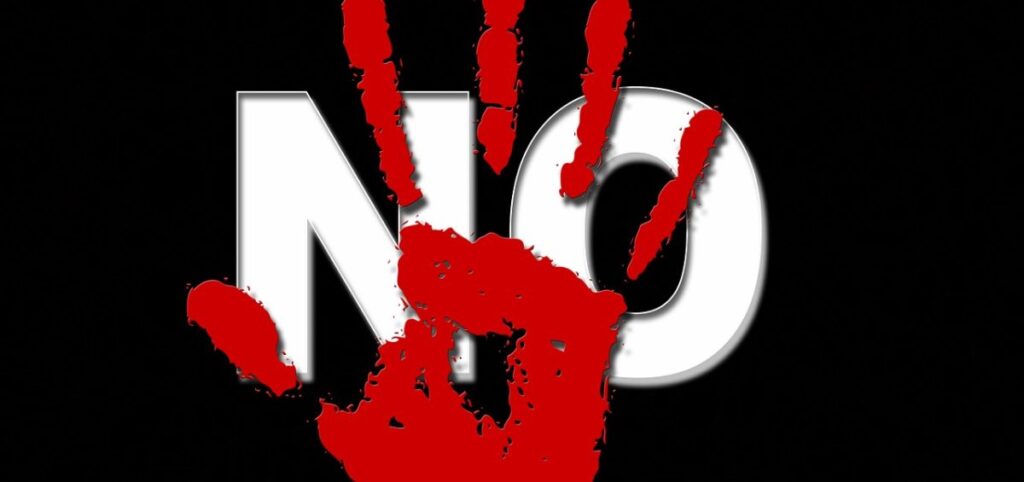Symptoms and Treatments for Rejection Sensitive Dysphoria (RSD)
Do you feel like the world is out to get you? Do you find yourself constantly on edge, waiting for the next rejection or criticism? If so, you might be suffering from Rejection Sensitive Dysphoria (RSD). RSD is a symptom of ADHD that causes an intense emotional reaction to perceived or actual criticism and rejection. It can cause difficulty in regulating emotions and lead to feelings of sadness, anxiety, and even anger. It is a psychological disorder that affects how people interact with others socially. It can involve intense feelings of sadness, anxiety, self-loathing, and even potential thoughts of self-harm as a result of perceived or real rejection. It’s important to know you aren't alone in your struggles and that there are treatments available to help manage RSD. So how do you know if you have RSD? Here are ten signs that may indicate that you suffer from this condition: The Top Ten Symptoms:
-
Intense sadness: People may experience feelings of profound personal failure and extreme sadness that can last for days or weeks at a time. -
Anxiety: People with RSD may experience increased anxiety levels which can manifest as restlessness, panic attacks, or stress. -
Self-loathing: Individuals often feel guilty, ashamed, and worthless due to the perceived or actual rejection they have experienced. -
Difficulty focusing: People may struggle to concentrate on tasks and activities. This is true for anyone with ADHD. -
Physical symptoms such as headaches or stomach aches: Individuals with RSD may experience physical symptoms associated with the condition, such as headaches, nausea, and stomach aches. -
Thoughts of self-harm: People with RSD may have thoughts of harming themselves due to the intense emotional distress caused by the condition. -
Lack of motivation: Those who suffer from RSD can have difficulty finding motivation to do everyday tasks or engage in hobbies they previously enjoyed -
Irritability and anger: Individuals struggling with RSD can be quick to become irritable or angry in social situations due to their heightened sensitivity to being rejected. -
Avoidance of social situations and activities previously enjoyed: Due to the fear of being rejected and the experience of more intense mood symptoms, people suffering from RSD may avoid activities or social situations, they once had an interest in because it triggers feelings of inadequacy and rejection. -
Low self-esteem: The fear and negative thoughts associated can cause individuals to develop low self-esteem, further contributing to feeling helpless and hopeless.
If these symptoms sound familiar, don't worry! There are ways to manage RSD and live a more balanced life despite its challenges. Talk therapy can help identify triggers and develop coping strategies for dealing with them. In contrast, medication can help reduce the intensity of emotional reactions associated with RSD. With the right treatment plan, you can live a fulfilled life without fear of rejection or criticism holding you back! In my next article, I will be discussing some of the things you can do to mitigate RSD. Remember, though, I am not a medical doctor, so before embarking on any treatment for RSD, you may want to check with your Medical Doctor. I am forever grateful to my doctor for what she has done for me over the years. Dr. Get in Focus works with entrepreneurs to get in focus and skyrocket their productivity. He is always willing to have a conversation with you to see if he can help. His website is https://plusultrava.com to take advantage of his training programs. You can also order his book at https://www.getinfocusbook.com/. Don’t wait; get in focus today! I am here to help you along the way! Sources:

